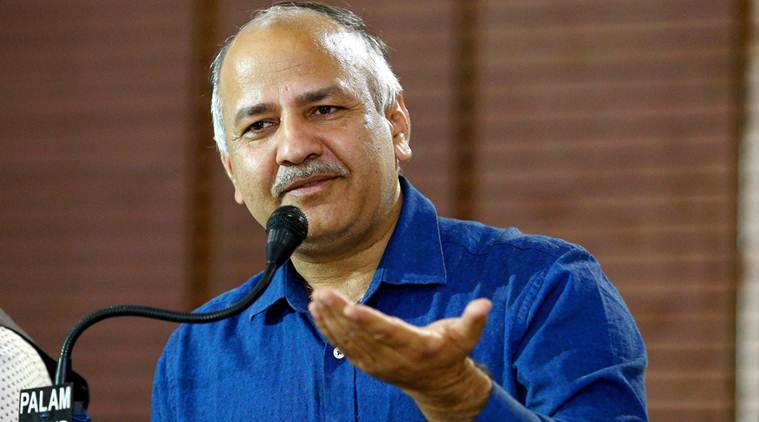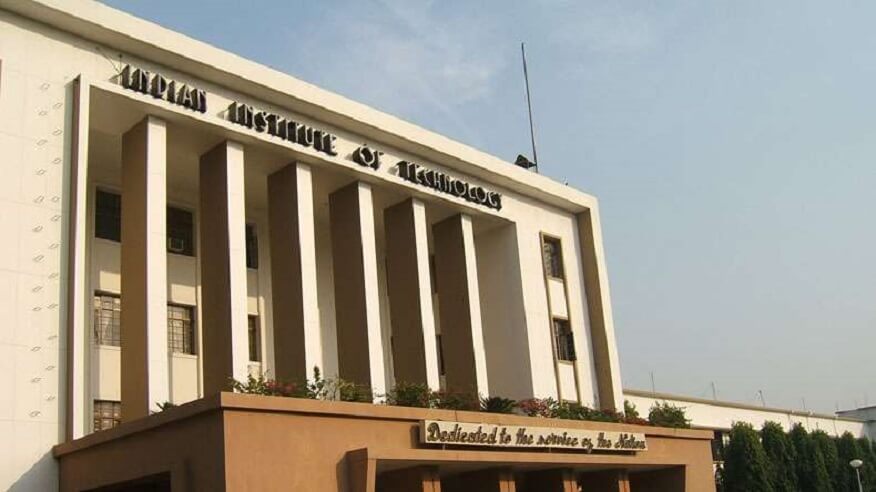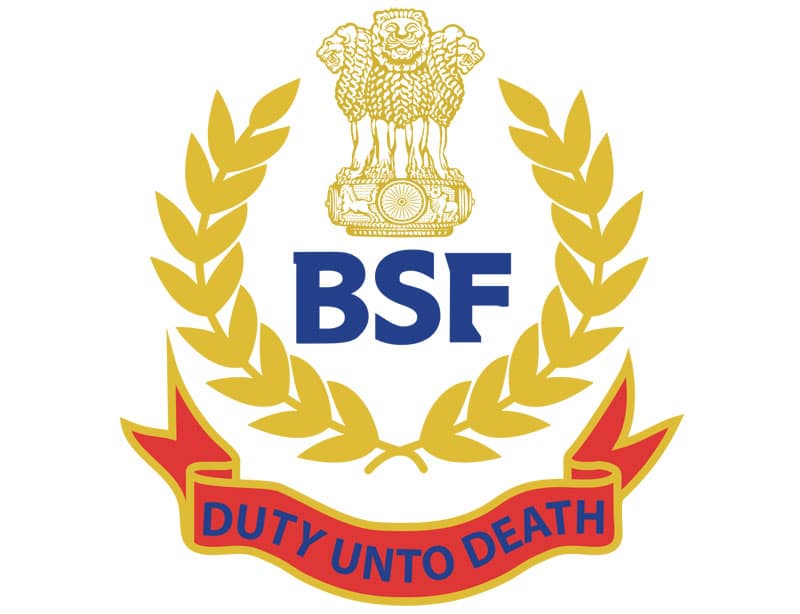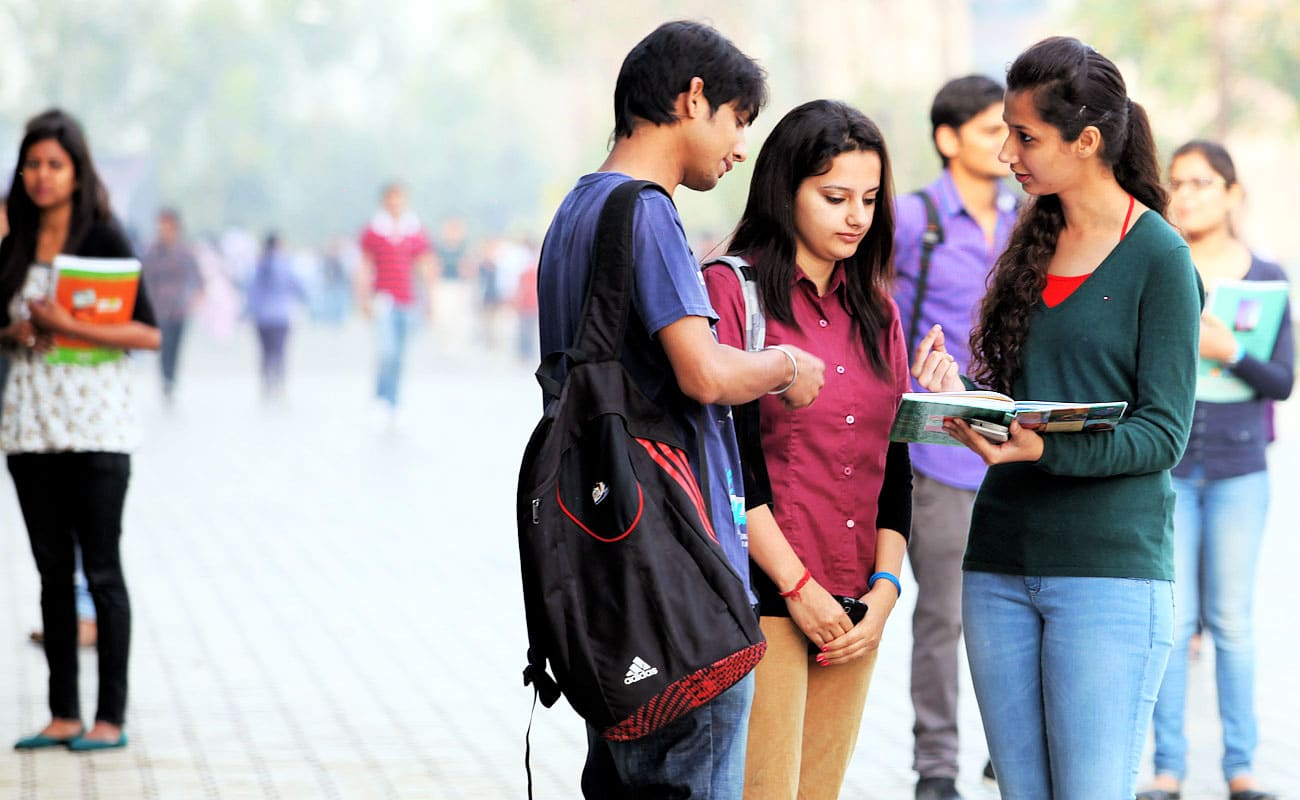Under the digitisation attempt, the students of Odisha Board of Secondary Education (BSE) should soon be able to access their educational documents online promoting easy accessibility.
The vision of BSE is to program the database in such a way that it promotes the smooth functioning of matriculation examination related records.
In a proposal given to the State Government, BSE seeks funds for its execution and intend to begin it by this year.
“A detailed proposal along with a technical report prepared by Industrial Development Corporation of Odisha Limited(IDCOL) has been submitted by the Board to the state government for the project,” stated Board’s President Sushant Das.
“We need at least Rs three crore for the project as a dedicated computer section will be set up to scan and digitise records of lakhs of students,” added Das. Board officials announced that authorities have assured the necessary financial support for this project.
The Board, appointed under the Odisha Secondary Education Act 1953, started its proper operations in 1955. In the last 62 years, lakhs of students appeared in the conducted matriculation examination and their records like registration number, mark sheets, passing certificates have been maintained with manual intervention.
Every year, at least six lakh students appeared for the matriculation examination. With this, whenever a student requests for a duplicate mark sheet copy or certificate, the process takes at least a month’s time to issue a duplicate record. With digitisation, this can be done within few hours. Also, the digitisation process will maintain the decade old records.
“Though our store rooms are in good condition but it is a fact that decade old documents turn brittle and get damage. In order to preserve the old records we have to urgently take up digitization work,” a senior Board official said.
A new arrangement is also being planned inside the office premises for the storage of documents since the store rooms are running out of space.





























